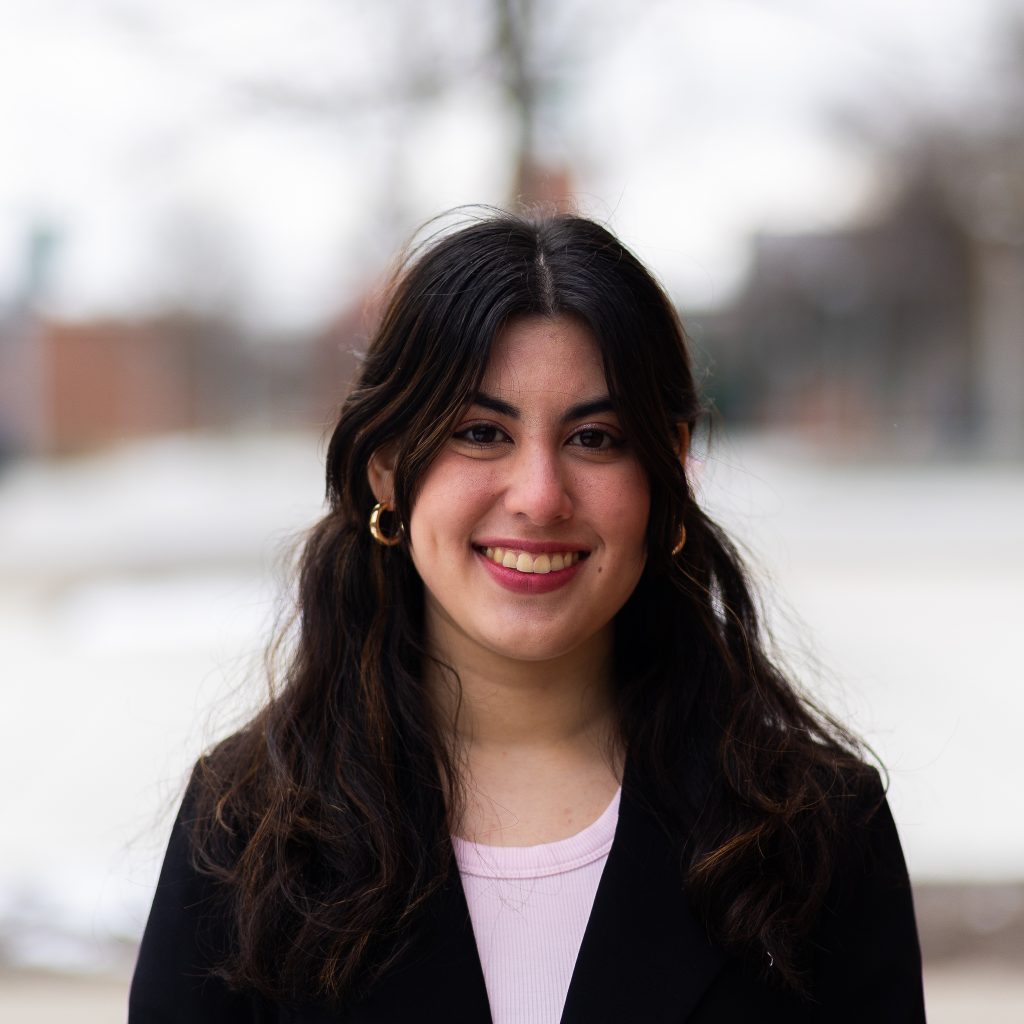Featuring six speakers, TEDxBinghamtonUniversity: Odyssey is centered around “breaking barriers and trailblazing forward toward a new future.” Madelyn Fried, a freshman majoring in integrative neuroscience, has worked to educate others about civics and democracy. As a member of the Girl Scouts, she pursued her gold award in high school by creating a video game teaching high school students about the government and their civic responsibilities. Her interview responses have been edited for clarity.
Q: Can you describe a little bit about your background and what led you to become interested in civics education?
A: “So I grew up in Bergen County, New Jersey — suburbia basically. I always loved just talking about civics, and I would constantly do it with my family. I didn’t realize that that was not the most normal thing that people usually do with their families, so in school I couldn’t have the same conversations that I had with my family with my classmates. And I just realized that there was a big lack in civics education and getting an education and just kids not knowing what I thought were basics of government. And I was like, oh my goodness, all these people are voting next year, they should probably know what they’re voting on. So that’s what led me to make the game and spread awareness.”
Q: How did your experience in Girl Scouts and pursuing a gold award impact your perspective transitioning into college?
A: “I would say that Girl Scouts in general are all about doing things for your community, which I feel like really translates well to just doing things for your school, and it just taught me that you don’t need to be anyone to do something. You can just do whatever you want.”
Q: How did you initially go about creating the video game?
A: “So I for a while knew that I wanted my gold award to be something with civics, but I was not 100 percent sure what. And in the very early stages, I was actually thinking about making a card game, which is kind of interesting because I thought that kids would just respond to that more if it was tangible and slapping something down on the table, laughing with your friends. I thought it would be more accessible to people, but I later realized that if I really wanted to get it into schools, being digital was the easiest way to do it. Because just so many schools have computers now I can just send them a link or they can click on a link. Whereas if it was a distributable tangible object, it’d be a lot more difficult to get it into schools. So that’s what led me to make the video game in the first place. I actually still do want to make a card game, but I don’t think that’s going to happen.”
Q: How have you continued to spread education about democracy throughout the campus community since coming to Binghamton?
A: “My talk is not about arguing politics with the people you love. It’s the idea that there’s a difference between politics and democracy. And so I just tried to bring it up whenever I can and talk about my game all of the time. Doing [the TEDx talk] is pretty much what I think is the epitome of bringing it to school.”
Q: How will your talk coincide with this year’s theme for Odyssey, “breaking barriers” and overcoming obstacles? What are some obstacles you have faced?
A: “Well the whole idea of creating the game was an obstacle in and of itself because I had never made a video game before. I love video games, but I could not do it on my own. I had help from the Video Game Center. So that in and of itself was a lot for me, learning a whole new set of skills and everything. I also talk about the idea that I don’t look like the person you probably would think would be talking about government and civics. And so I think the fact that I’m even doing this is breaking itself. I just try to channel feminism whenever I can.”
Q: What do you hope the lasting impact of your talk will be?
A: “I hope people reflect on their own civic education. And hopefully they’re either like ‘oh I’m fine, I’ve been doing what I need to do,’ or they say ‘maybe I should really brush up on what people are actually doing in our government and what that position actually means.’ Am I voting as much as I should be? Am I participating in my community as much as I should be? I just hope they look back on themselves and hope that they can do better.”



